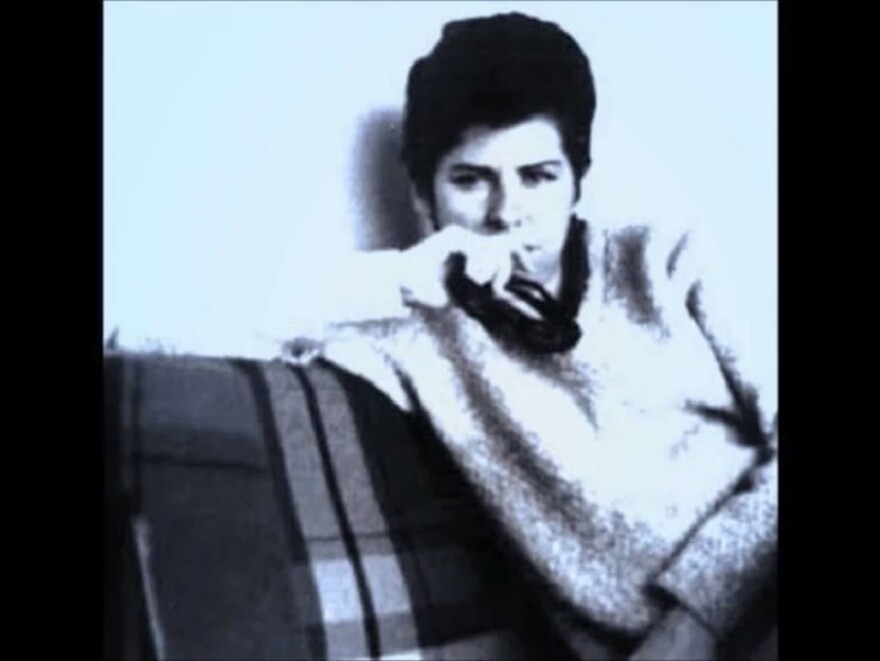Jacqueline Nova was born in Belgium in 1935. Her father was Columbian and was in Belgium studying engineering. Jacqueline’s mother was Belgian. After her father graduated, the family moved back to his hometown of Bucaramanga, Columbia.
It was the convention for women in upper class Columbian society to be musical in some way, so Jacqueline started taking piano lessons at the age of seven. Nova’s childhood was also marked by unrest in her country. From 1948 to 1958, Colombia was in the midst of a civil war called The Violence as the two major political parties in the country fought for control.
In the midst of this turmoil, Jacqueline Nova moved to Bogota and eventually enrolled in the National Conservatory of Music there. At first she studied the piano, but she became entranced by contemporary music and switched to composition. Nova was the first woman composer to receive a Master’s degree in composition from the conservatory.
Jacqueline Nova traveled to Buenos Aires on a scholarship to work with CLAEM, Latin American Center for Higher Musical Studies. This institution had a state-of-the-art studio devoted to electroacoustic music. Here Nova had the opportunity to work with composers such as John Cage and Alberto Ginastera. She started her own experiments, diving deep into the human voice and the power of speech and understanding. There were political implications to Nova’s music by presenting obscured speech and challenging the audience to understand.
Her best known work is arguably Creation of Earth written in 1972. It uses electronic sounds, acoustic instruments and the human voice as means of exploring the idea of ancestry. In the midst of this ultra-modern sounding music, Nova incorporates chants of the U’wa, indigenous people of Columbia, speaking about the creation of the world.
Jacqueline Nova collaborated with artists of many other disciplines; dance, theatre, film. These visual elements started to make their way into her written scores. In the 60s, her music gained international attention. It was played by symphony orchestras around the world. Nova was a sought after lecturer at many universities and also became a published author writing articles on music, machinery and even human consciousness. Nova was also active on the radio, directing a program entitled Asymmetries that presented contemporary music and promoted new composers.
In 1970, Nova established the New Music Group; an ensemble dedicated to promoting work by living composers, especially those from Latin America. This ensemble had limited engagements because of Nova’s failing health. She was fighting a losing battle with bone cancer.
Jacqueline Nova died in Bogota in the 1975, she was only 40 years old.
Find out more about Jacqueline Nova and follow the Timeline.


